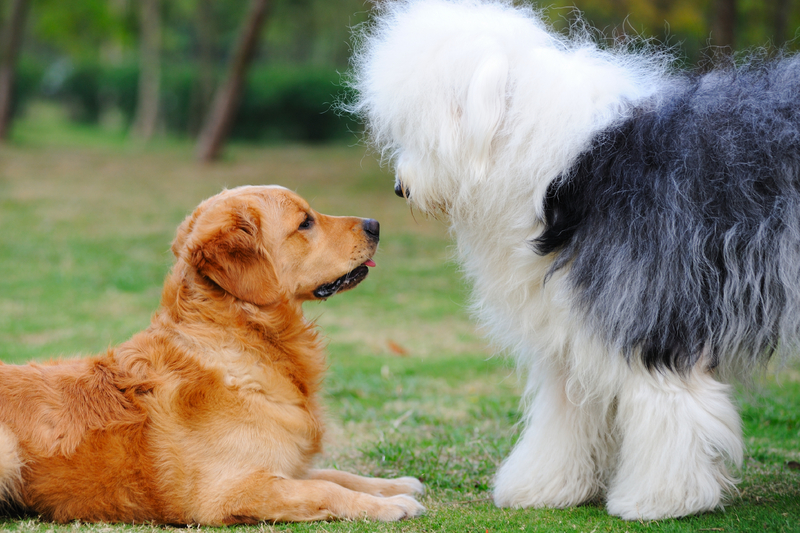Good Dog! Love Beats Treats for Canines

Get the world’s most fascinating discoveries delivered straight to your inbox.
You are now subscribed
Your newsletter sign-up was successful
Want to add more newsletters?

Delivered Daily
Daily Newsletter
Sign up for the latest discoveries, groundbreaking research and fascinating breakthroughs that impact you and the wider world direct to your inbox.

Once a week
Life's Little Mysteries
Feed your curiosity with an exclusive mystery every week, solved with science and delivered direct to your inbox before it's seen anywhere else.

Once a week
How It Works
Sign up to our free science & technology newsletter for your weekly fix of fascinating articles, quick quizzes, amazing images, and more

Delivered daily
Space.com Newsletter
Breaking space news, the latest updates on rocket launches, skywatching events and more!

Once a month
Watch This Space
Sign up to our monthly entertainment newsletter to keep up with all our coverage of the latest sci-fi and space movies, tv shows, games and books.

Once a week
Night Sky This Week
Discover this week's must-see night sky events, moon phases, and stunning astrophotos. Sign up for our skywatching newsletter and explore the universe with us!
Join the club
Get full access to premium articles, exclusive features and a growing list of member rewards.
If you have ever wondered whether Fido appreciates you solely because you feed him or because you share a special bond, you may want to know the latter could indeed be the case, a small new study suggests.
In the study of 13 dogs, researchers found that, when given a choice of being praised by their owners or receiving food, most of the dogs either preferred the praise or appreciated both equally.
"We are trying to understand the basis of the dog-human bond and whether it's mainly about food or about the relationship itself," study co-author Gregory Berns, a neuroscientist at Emory University in Atlanta, said in a statement.
Only two of the dogs in the study seemed to care about the food more than they did about praise from their owners, Berns said. [10 Things You Didn't Know About Dogs]
In the study, the researchers trained 13 dogs to associate different objects with different outcomes. For example, the researchers taught the dogs to associate a pink toy truck with a food reward, and to associate a blue toy knight with verbal praise from the owner.
The researchers then showed the dogs these objects while scanning the animals' brains and measuring how their brains responded to the sight of the different objects. Four of the dogs' brains responded more strongly to the object that symbolized praise from the owner, compared with the object that symbolized the food. And nine of the dogs showed similar brain responses for both the object associated with praise and the one associated with food.
But the brains of two of the dogs consistently responded more strongly to the object associated with food, compared with the object associated with praise, according to the findings, published in August in the journal Social, Cognitive and Affective Neuroscience.
Get the world’s most fascinating discoveries delivered straight to your inbox.
The researchers then conducted another experiment. They placed the dogs in a maze made of baby gates that was shaped like the letter Y. The dogs were placed at the base of the Y and could choose to walk down one path, which led to their owner, or down the other, which led to a bowl of food.
The dogs whose brains had responded more strongly to objects symbolizing praise from their owners in the first experiment were also more likely to choose the path that led them to their owners. And the dogs whose brains responded more strongly to the object symbolizing food were more likely to choose the path that led them to the bowls of food.
Future studies should look at whether a dog's breed or genetics, or how it was raised, may influence its preference for food versus praise.
The new findings point to "the importance of social reward and praise to dogs," Berns said. "It may be analogous to how we humans feel when someone praises us."
Originally published on Live Science.
 Live Science Plus
Live Science Plus










